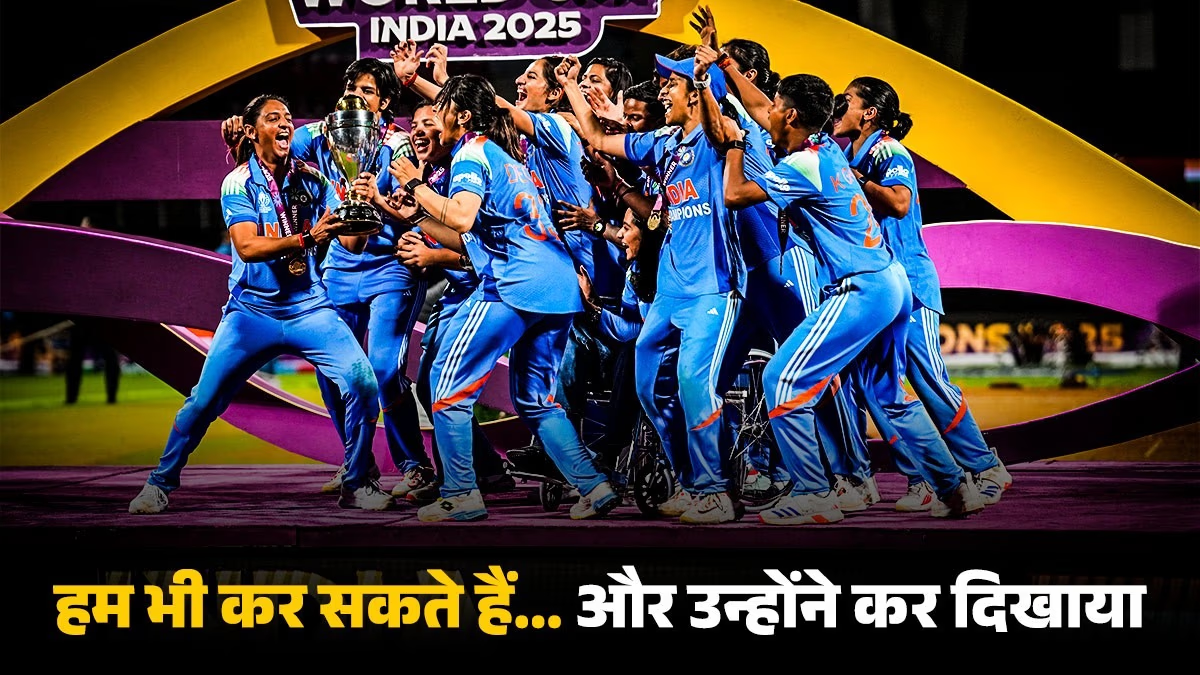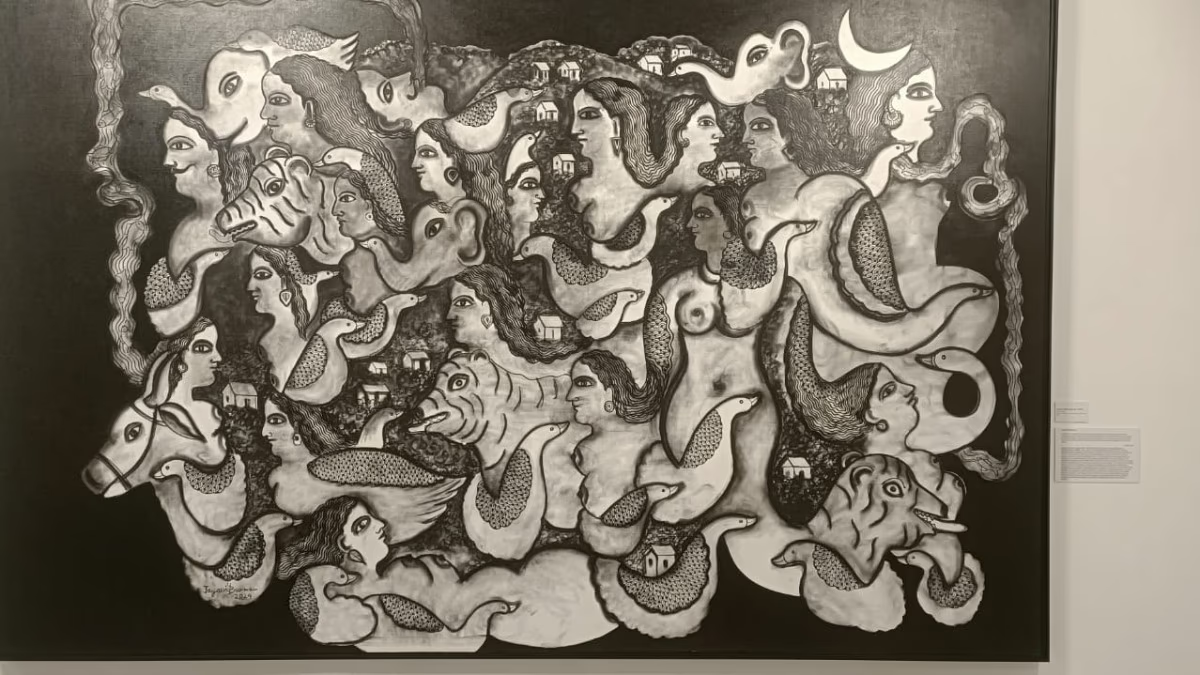For decades, cricket in India had one face—the men's team in blue jerseys. Yet, in dusty lanes and quiet town streets, some young girls began to dream differently. With taped tennis balls, worn-out bats, and hearts ablaze with passion, they embarked on a journey that eventually resonated throughout the nation.
Mahendra Kumar Sharma laid the cornerstone of Indian women's cricket by registering the “Women's Cricket Association of India” (WCAI) in Lucknow in 1973. Back then, cricket was just a dream for women—void of boards, funding, or facilities. These players stitched their own uniforms, traveled in unreserved coaches, and borrowed bats and pads to play.
In 1976, India played its first test match against the West Indies in Bangalore. The crowd was sparse, but for these players, it was their World Cup. Trailblazers like Shanta Rangaswamy, Sandhya Agarwal, and Diana Edulji did not just pave the way, they affirmed that women deserved the pitch just as much as anyone.
2005: When Hope Materialized
After three decades of hard work, under Mithali Raj's captaincy, India reached the 2005 World Cup finals. Jhulan Goswami, Anjum Chopra, Anju Jain... together they crafted history with sheer determination, despite a lack of resources and spotlight. Though they lost the final, this team had already won India’s heart.
Mithali stated then, 'This loss convinced us that we belong at this level.' That defeat marked the beginning of a genuine victory. In 2006, the BCCI took women's cricket under its wing, altering the course of history.

Source: aajtak
2017: The Defeat That Transformed Everything
The heartache of losing the final to England at Lord's remains fresh, as fans recall Anya Shrubsole's decisive over. Yet, in this defeat was victory—the world finally acknowledged these daughters.
Diana Edulji expressed, 'Our daughters did what was once a dream, fueled by courage and conviction. This victory is not just in sport, but in faith.'
The BCCI's New Chapter
Under Jay Shah's leadership, policies like Pay Equity and the Women's Premier League (WPL) elevated women's cricket to new heights. Now, players have the platform, recognition, and financial independence. Cricket has reached small towns—this is the true revolution.
2025: The Dream Realized
This victory wasn’t just a trophy; it was for every girl who was told ‘It’s not meant for you.’ It was for mothers who hid bats among books, fathers watching matches on small phones, and the nation that finally proclaimed, 'Our daughters can too.'
Neetu David’s Insight: ‘Now or Never’ Team
Former spinner Neetu David, inducted into the ICC Hall of Fame, remarked, ‘This team overcame significant criticism. Coaches changed, systems were questioned. Yet, senior players like Harman, Smriti, Jemimah, and Deepti kept the team united.'
She added, 'When Amol Muzumdar became coach in 2023, his mantra was clear—‘Now or Never.’ The last 18 months of hard work have now etched history.'




